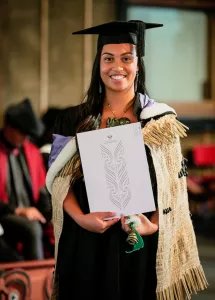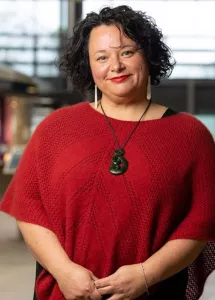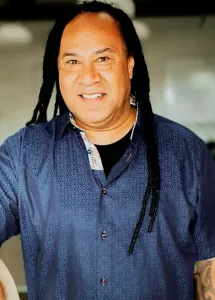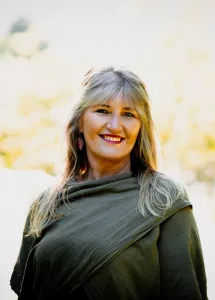Tania Hodges
Ngāti Pāhauwera, Ngāti Kahungunu, Ngāti Ranginui, Ngāti Hauā, Ngāti Maniapoto, Ngāti Tūwharetoa
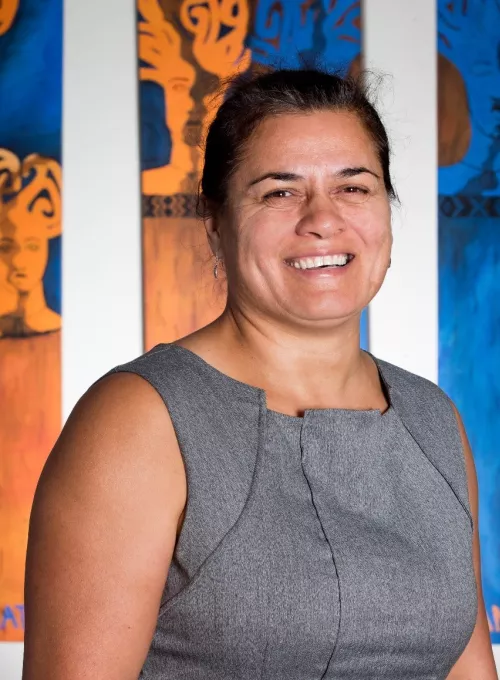
MBA (Distinction), Grad Dip Mgmt. St, PGCBR, BSocSci, Grad Dip Te Reo Māori, RPN (Registered Psychiatric Nurse)
Tania Hodges is a passionate advocate for hauora, mana Māori motuhake, and the development of Māori leadership. Since 2002, she has co-facilitated leadership programmes in the health sector, working alongside Grant Berghan and others.
As Managing Director of Digital Indigenous.com Ltd since 2001, Tania has led initiatives advancing Māori development across education, health, and well-being. Her work encompasses Whānau Ora, Governance, Strategy, Change Management, Māori and Iwi Relationships, Workforce and Leadership Development, and Community Growth.
Tania brings extensive governance experience, including Ministerial appointments from 2001 to 2023 including to the Te Pukenga Board (New Zealand Institute of Skills and Technology Board), Director of WINTEC Ltd and Toi Ohomai Ltd. She has eight years as Deputy Chair for one of her iwi and its commercial arm. Her prior career spans mental health, public health, screening programmes, nursing, funding, business management, and policy.
Committed to leading by example, Tania embodies integrity, aroha, abundance, and excellence. She believes Māori deserve the best and strives to create a meaningful legacy in her work.
Her greatest accomplishment, however, is being a proud mother to her four children and a grandmother to her first moko.
Links:
Decolonising via Māori leadership webinar video (You Tube)
Te Tiriti-based Futures + Anti-racism 2024 Speaker Tania Hodges
Ngati Pahauwera – Tania Hodges profile
Whānau Ora Review Report released. The New Zealand Doctor article 20 February 2019
Record breaker Tania Hodges leads by example New Zealand Herald article 17 March 2018
Kris MacDonald, CEO Ngātiwai Trust Board, Ngātiwai, Te Rārawa, Rangitāne, Ngāti Kahungunu
Updated 13 February 2025
